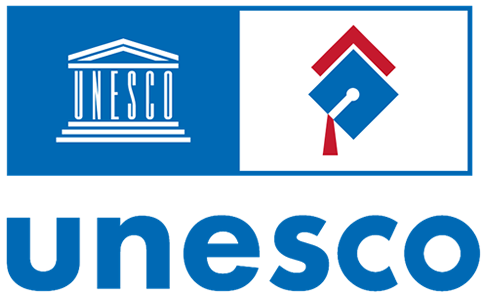Technological mediations in university educational practices: The production and circulation of knowledge
Abstract
The research aims to understand how discourses are constructed as practices of production and circulation of knowledge in the uses of information and communication technologies by teachers and students of the Universidad Simón Bolívar Cúcuta Extension. At the methodological level, it assumes an ethnographic perspective. The records for the analysis of the information were taken from participant observation, semi-structured interviews and focus groups. Triangulation was a constant exercise, which took place in the crossing of the voices of the different actors, in the dialogue between the multiple records (audio-visual, documentary and digital) exploring the different environments, forms and nuances in order to re-construct a new framework that would give way to an interpretation, among many others, of the process of assimilating, incorporating and using information technologies in the university educational context, recognizing that, in the complex and restricted mercantile dynamics of technological development, this end of the continent has been given a less preferential place, plagued by economic deficiencies, gaps and contradictions. Thus, the proposal was to understand technological mediations in their psychological, pedagogical and sociological dimensions, in a local context that dialogues with the global.
Copyright (c) 2012 Revista Educación Superior y Sociedad (ESS)

This work is licensed under a Creative Commons Attribution-NonCommercial 4.0 International License.
Copyright notice
Copyright allows the protection of original material, and curbs the use of others' work without permission. UNESCO IESALC adheres to Creative Commons licenses in the open access publication of ESS. Specifically, texts published in this journal are subject to a Creative Commons Attribution-NonCommercial 4.0 International (CC BY-NC 4.0) license: ESS is an open access journal, which means that all content is freely available to the user or their institution. Users may read, download, copy, distribute, print, search or link to the full text of the articles, or use them for any other lawful purpose, without asking prior permission from the publisher or the author, always making sure to cite the author. Commercial use is not permitted. ESS requires authors to accept the Copyright Notice as part of the submission process. Authors retain all rights.
The full license can be found at https://creativecommons.org/licenses/by-nc/4.0/
 Attribution - NonCommercial (CC BY-NC 4.0)
Attribution - NonCommercial (CC BY-NC 4.0)
This journal does not charge authors for the submission or processing of articles. The authors of the contributions will receive acknowledgment of receipt that the work has reached the Editorial Team of the Journal.




.png)
